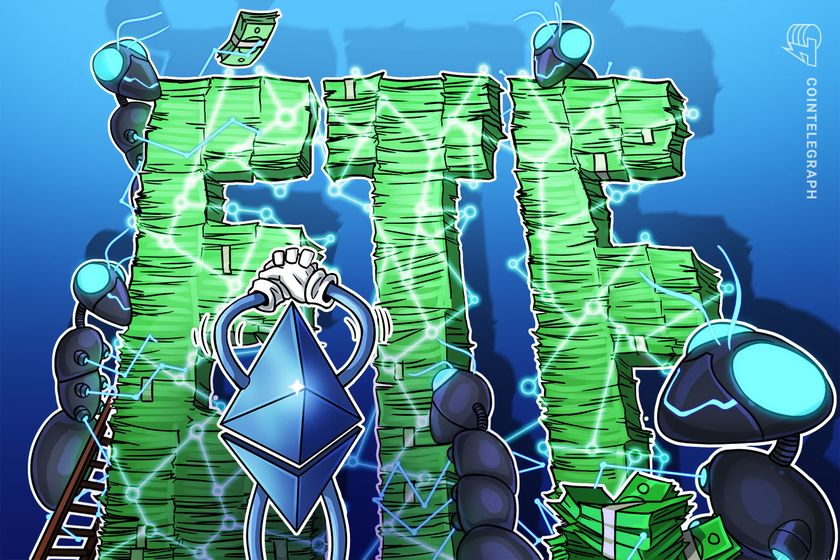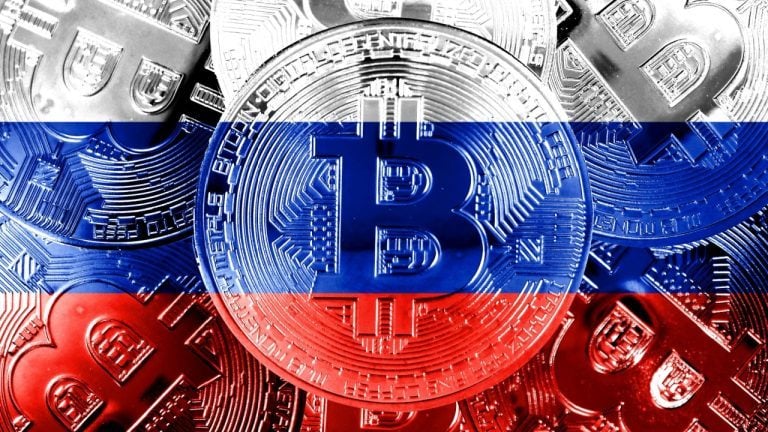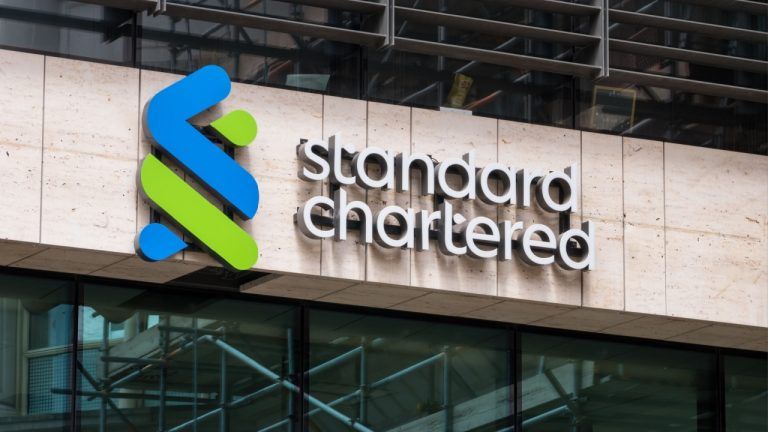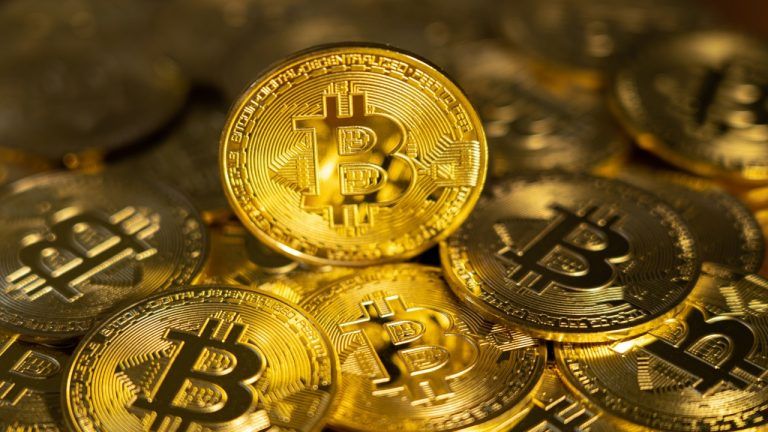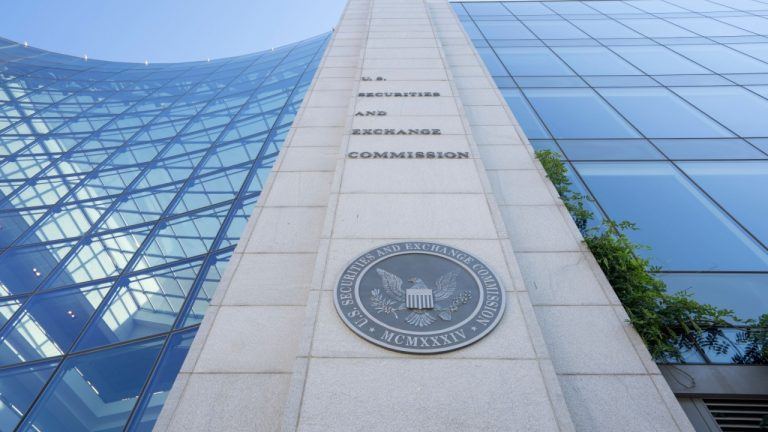Prep time with Bitcoin: Students have fun new ways to study crypto

Crypto education for K-12 students is underway, but current methods are not good enough at teaching management of personal finances, let alone Bitcoin.
“Bitcoin” had been an unfamiliar term to many individuals just a few years ago. While cryptocurrency continued to enter the mainstream, Bitcoin (BTC), Ether (ETH) and other digital assets were being discussed more frequently. Recently, “Bitcoin” searches across Google hit a record high in 2020, and “Buy Crypto” searches surged for the first time at the beginning of this year, further demonstrating the mainstream interest.
It’s also important to note that Bitcoin and cryptocurrencies in general have been gaining traction with the younger generations. For instance, a number of television shows for youngsters have started mentioning Bitcoin. Most recently, the popular British television series Teletubbies sent a tweet from its official account announcing that it will be minting an NFT for sale with the proceeds going to a charity.
Lack of financial education within schools creates new opportunities
While adoption is underway, the majority of children and teens, and many adults, remain uneducated when it comes to the use of cryptocurrencies and blockchains. A large reason for this is due to the fact that financial education is not a part of the school curriculum in some countries.
Vignesh Kamath, an A-level student living in Scunthorpe, England wrote a feature for Cointelegraph Magazine last year explaining this dilemma. Kamath noted that “Despite the clear necessity of these skills, school curricula in most countries lack a comprehensive approach towards financial education.”
The most recent “Young Persons’ Money Index,” a United Kingdom-based yearly report examining the financial capability of young people, found that 83% of young people want to learn about money and finance in school, while 75% said that their financial literacy comes from their parents. The report also shows that very few students currently use Bitcoin or other digital assets as financial products.
With this in mind, it is noteworthy that new platforms catered toward Generation Z are being developed to help students learn about cryptocurrency and blockchain.
The cryptocurrency exchange and custodian Gemini recently partnered with Learn & Earn, an app that allows students to learn about financial literacy, while earning fiat rewards. Cameron Winklevoss, president and co-founder of Gemini, told Cointelegraph that he is excited to foster crypto education within the younger generations through this partnership:
“Our mission at Gemini is to empower the individual through crypto and we believe that journey begins with understanding. Through our partnership, Learn & Earn provides students with a simple yet comprehensive way to learn about cryptocurrencies, while earning rewards on their progress.”
Michael Gleason, CEO of Learn & Earn, told Cointelegraph that the app was initially inspired by Junior Achievement, a nonprofit that prepares young people for success and seeks innovative ways to reach K-12 students to teach financial literacy, entrepreneurship and work readiness. Gleason explained that the project has evolved into a micro-learning platform that offers quick courses for the “TikTok generation,” helping students understand crypto and blockchain, while earning fiat rewards.
According to Gleason, the crypto courses and in-app content are growing quickly and evolving with the space. “The course demand for blockchain-based knowledge is some of the highest we’ve seen and driven by students who are eager,” he said.
Related: What is Bitcoin, and how does it work?
Gemini sponsors all crypto courses, explaining what it is, the different kinds of crypto and its history. It will educate the youth on topics such as digital wallets, decentralized finance, and the growing acceptance and future for cryptocurrency.
While the app takes a strong focus on crypto education, Gleason noted that the overall goal of Learn & Earn is to help students save and invest, thus learning more about finance. This is achieved by allowing United States-based K-12 students to earn money upon completion of each course. Students then invest their earnings in UTMA/UGMA-approved investment accounts to keep their portfolio diversified and growing over time, which they can access once they are 18 years old. Gleason explained:
“Students have a ‘Core’ portfolio of the world’s largest diversified exchange traded fund, and they can also select up to ten separate large cap stocks, or ETFs, from a curated ‘Explore’ portfolio. This allows students to invest in fractional shares of companies like Apple, Tesla, Netflix, and Microsoft.”
While fiat rewards are currently being offered to young learners, Gleason mentioned that an option to earn crypto within the app will soon be available. “Students may also be able to earn non-fungible tokens in the future, we are working on the vision.”
In addition to Learn & Earn, crypto education is progressing in various U.S. states. Most recently, the Georgia House of Representatives passed a bill that requires financial literacy courses in high school curricula. The bill was sponsored by six State House candidates and has been sent to the State Senate for further consideration. The program mentioned in this bill includes 16 areas of financial literacy, including cryptocurrency as the final priority.
Social media influencers are also doing their part to ensure crypto education for young adults. Micro-influencer Miss Teen Crypto told Cointelegraph that her interest for crypto stemmed from her father’s involvement in the space:
“My father has been interested in crypto for the past 5 years, and would talk about it all the time. I didn’t really look into it at first because I thought it was only for adults and people in finance. Crypto finally clicked for me in 2018–2019 when I was shown how a Bitcoin transaction worked, and how simple it was.”
Miss Teen Crypto realized that Bitcoin was the new store of value and started Googling questions to learn more about blockchain. “I then wondered why no one my age knew about this amazing new way of digital transactions, along with other emerging blockchain technology, which is why I created my social media accounts.”
Her goal is to spread awareness and education about crypto adoption to the younger generation. She has been doing this by giving out physical seed cards — scannable educational cards with information on BTC, ETH and other cryptocurrencies — to people around Manhattan. She also has a website with helpful videos for crypto newcomers.
Parents may be hesitant toward new apps for crypto learning
Despite the innovation for crypto education, some have pointed out that parents may be hesitant to let their children or teenagers learn about digital assets or blockchains.
For instance, Gleason mentioned that while the Learn & Earn platform is easy for students to use and interest remains high, the parent account registration has become a challenge. “Acquiring student users is easier with a partner like Junior Achievement, but the difficult part is getting parents/adults to set up the UTMA/UGMA accounts,” he explained.
Related: What is cryptocurrency? A guide for beginners
Miss Teen Crypto noted that she has noticed a big change regarding parental opinions toward crypto in the past year. “Many are starting to see Bitcoin as more of an investment, whereas many I’ve talked to have thought of it as a scam.” She pointed to the lack of adoption as the reason behind this, adding that “many are seeing companies adding Bitcoin to their balance sheet, accepting Bitcoin as payment as well as many news stations covering Bitcoin.”




